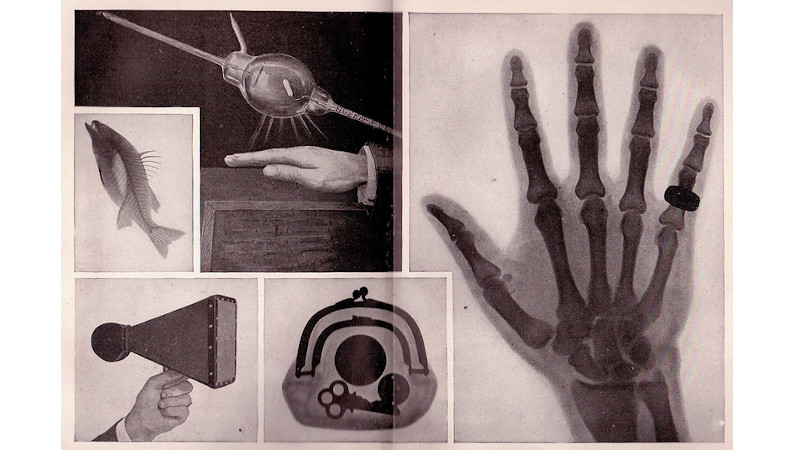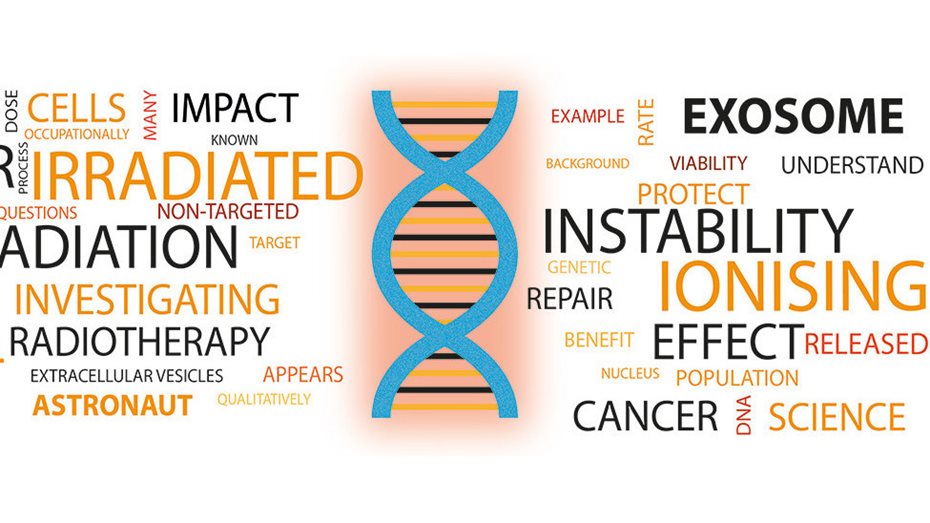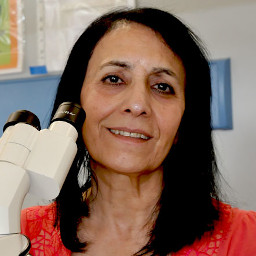Systemic Effects of Partial-body Exposure to Low Radiation Doses
Exosome-mediated changes are well documented in radiation therapy and oncology; however, there is a need to extend our knowledge on the role of exosomes in exosomes derived from inside and outside the radiation field in mediating the early and delayed induction of Non Targeted Effect (NTE) following Ionizing Radiation. In this project, we investigate the changes in exosome profile and the role of exosomes as possible molecular signalling mediators of radiation damage.
Radiation Stimulation of Cell Invasive Capacity: The Role of MV/Exosomes in Metastasis-related Processes
Metastasis is a major clinical problem and tumours are becoming resistant to therapies. In this project, we investigate aspects of metastatic behaviour (e.g. adhesion and invasiveness) following therapeutic dose of X-ray irradiation in vitro. We also aim to determine the role of exosome in this process.
Comparative Investigation of Senescence and Age on Radiation Response
Ionizing Radiation is known to induce cell senescence in healthy cells and therefore has the potential to accelerate aging and the early onset of diseases associated with aging. In this project, we investigate the molecular mechanisms causing radiation-induced senescence (RIS) and determine if these are the same as those that occur in senescence associated with normal aging.
Machine Learning for Exosome Data Analysis in Cancer Induction and Radiation Protection
Currently we are in the process of deploying Machine learning (ML) algorithms to investigate the role of MV including exosomes in aging accelerations post radiation exposure in order to develop quantitative indicators for radiation protection and predicators for cancer induction as well as the risks of long-term detrimental health effects of radiation. The ML technology may lead to a novel program to be used for this proposal. The emphasis will be on establishing a novel analytical scheme and exploiting rapid advances in big data analysis.




